
Origin/Endemic status: Native
Synonymy: = Ar, FNA10, G, NcTx, NE, NY, RAB, Tn, Tx, Va, W; > Rhexia delicatula Small – S, S13; > Rhexia filiformis Small – S13; < Rhexia mariana L. – C, Fl4, Il, Mi, Pa, Tat, WH3, WV; > Rhexia mariana L. – S, S13; > Rhexia mariana L. var. leiosperma Fernald & Griscom – F; < Rhexia mariana L. var. mariana – GW2, K1, K3, K4, Kral & Bostick (1969); >< Rhexia mariana L. var. mariana – F
Wetland Indicator Status:
- Atlantic and Gulf Coastal Plain: FACW (taxonomic split from wetland indicator species)
- Eastern Mountains and Piedmont: OBL (taxonomic split from wetland indicator species)
- Great Plains: FACW (taxonomic split from wetland indicator species)
- Midwest: OBL (taxonomic split from wetland indicator species)
- Northcentral & Northeast: OBL (taxonomic split from wetland indicator species)
Heliophily: 8
Hover over a shape, letter, icon, or arrow on the map for definition or see the legend.
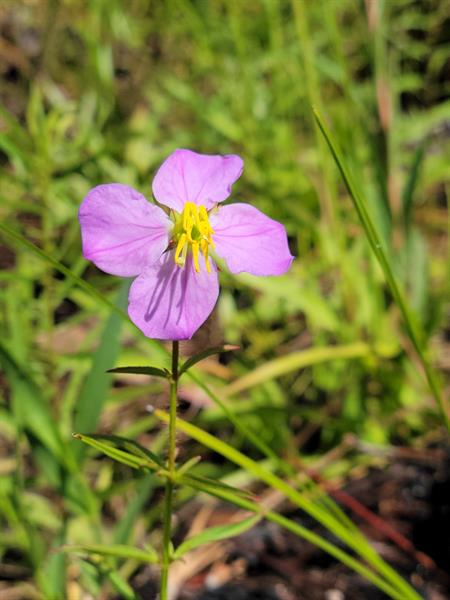 © Jay Horn source | Original Image ⭷
© Jay Horn source | Original Image ⭷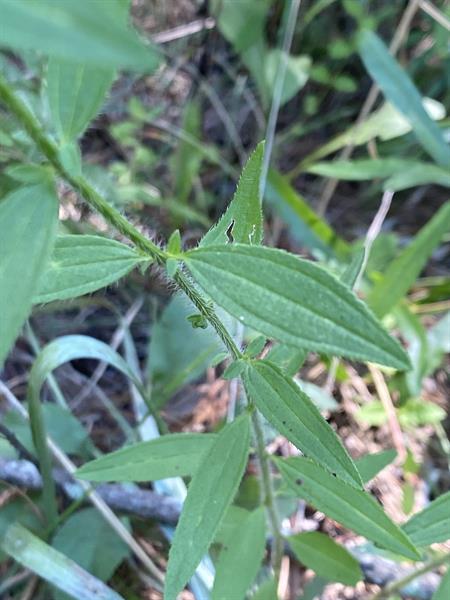 © Alan Weakley source | Original Image ⭷
© Alan Weakley source | Original Image ⭷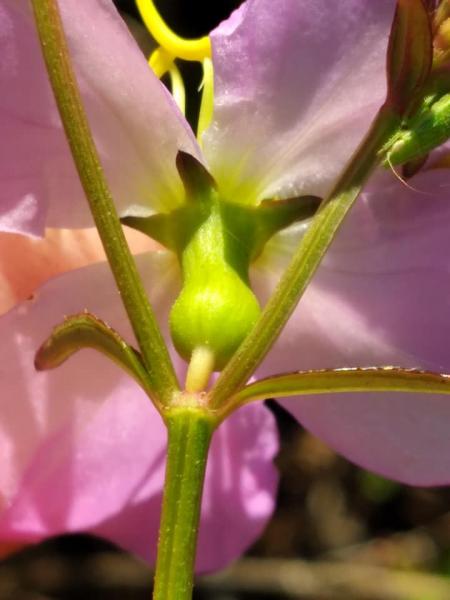 © Scott Ward | Original Image ⭷
© Scott Ward | Original Image ⭷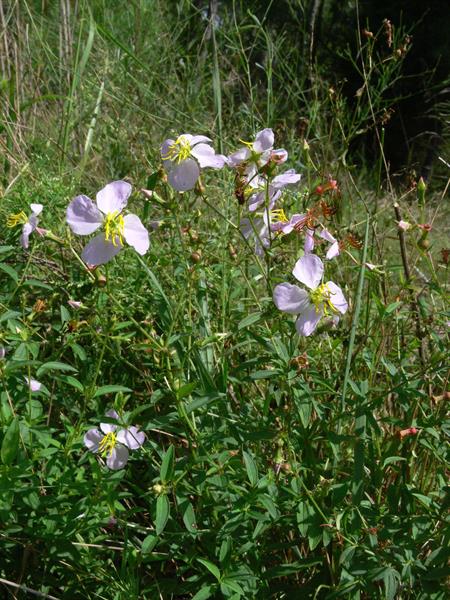 © Bruce A. Sorrie | Original Image ⭷
© Bruce A. Sorrie | Original Image ⭷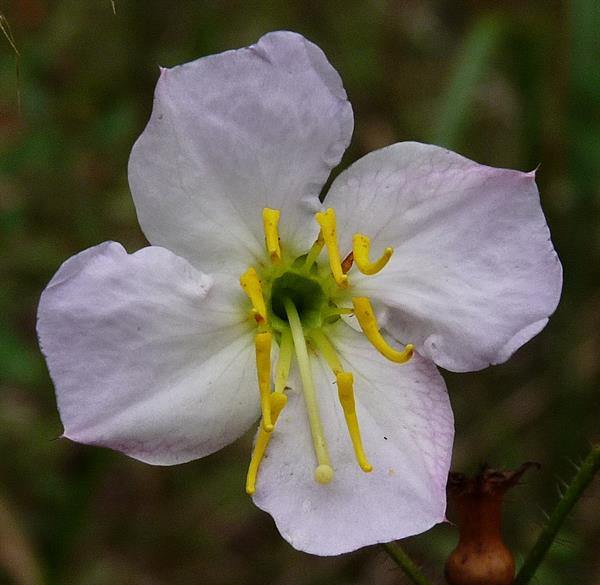 © Richard & Teresa Ware CC-BY-NC, permission granted to NCBG | Original Image ⭷
© Richard & Teresa Ware CC-BY-NC, permission granted to NCBG | Original Image ⭷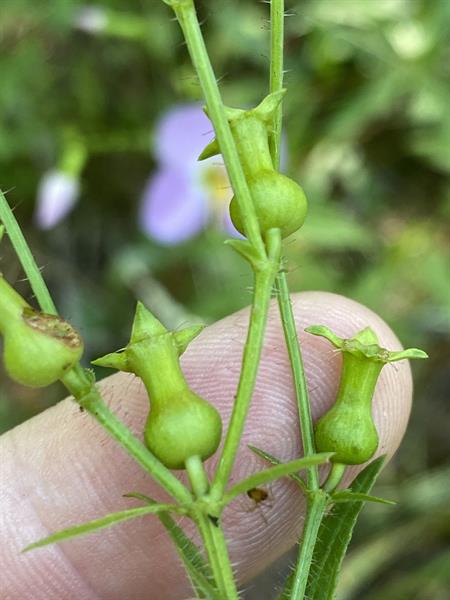 © Alan Weakley source | Original Image ⭷
© Alan Weakley source | Original Image ⭷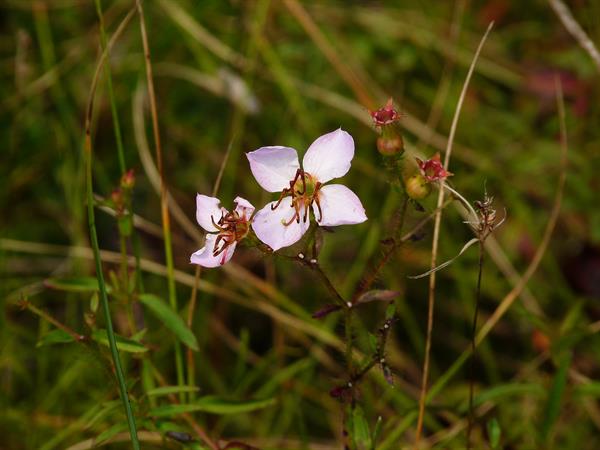 © Richard & Teresa Ware CC-BY-NC, permission granted to NCBG | Original Image ⭷
© Richard & Teresa Ware CC-BY-NC, permission granted to NCBG | Original Image ⭷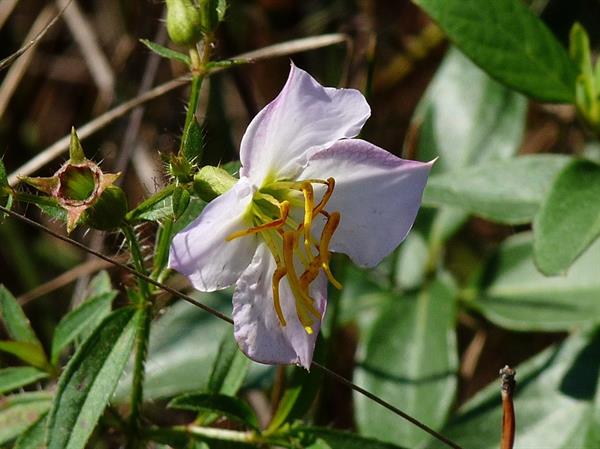 © Richard & Teresa Ware CC-BY-NC, permission granted to NCBG | Original Image ⭷
© Richard & Teresa Ware CC-BY-NC, permission granted to NCBG | Original Image ⭷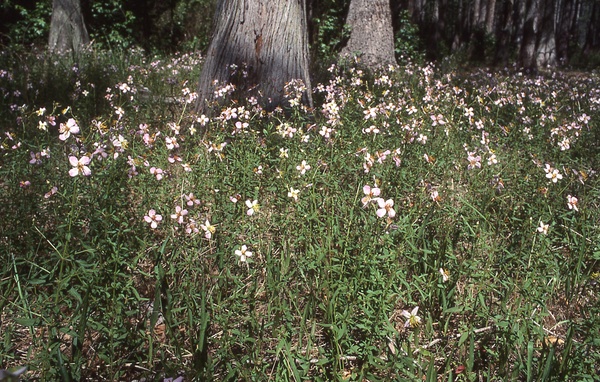 © Bruce Sorrie | Original Image ⭷
© Bruce Sorrie | Original Image ⭷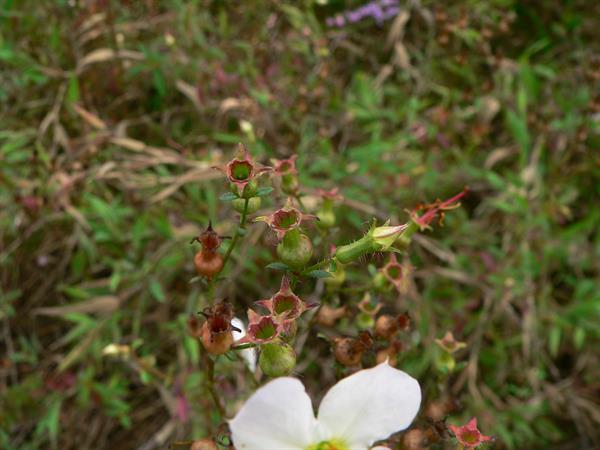 © Richard & Teresa Ware CC-BY-NC, permission granted to NCBG | Original Image ⭷
© Richard & Teresa Ware CC-BY-NC, permission granted to NCBG | Original Image ⭷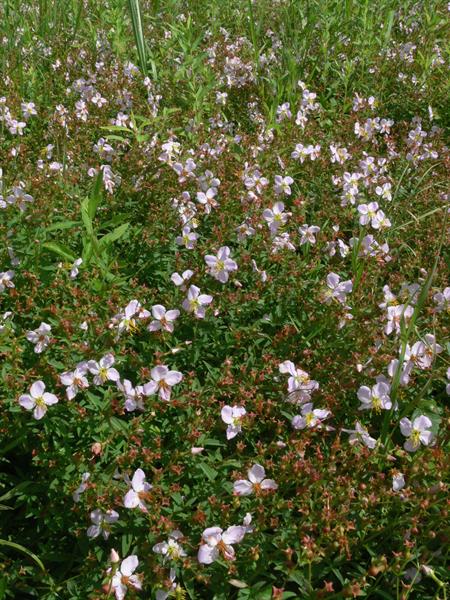 © Bruce A. Sorrie | Original Image ⭷
© Bruce A. Sorrie | Original Image ⭷Feedback
See something wrong or missing on about Rhexia mariana var. mariana? Let us know here: (Please include your name and email if at all complicated so we can clarify if needed.)
Cite as...